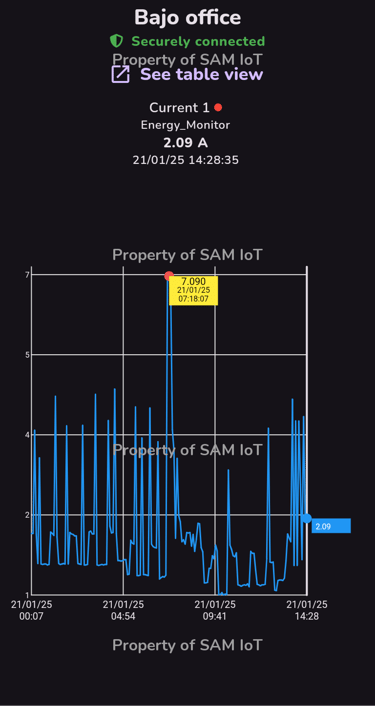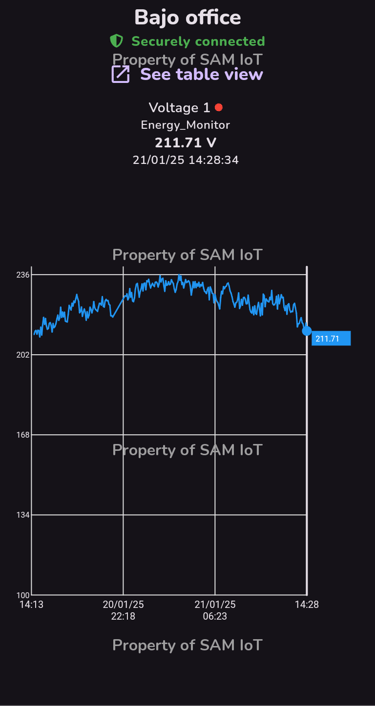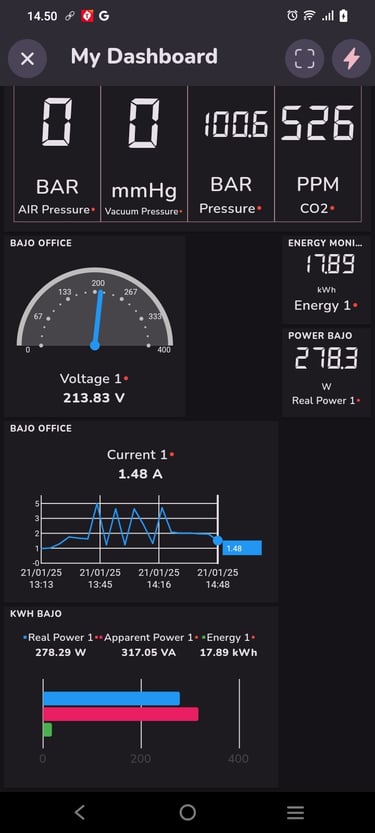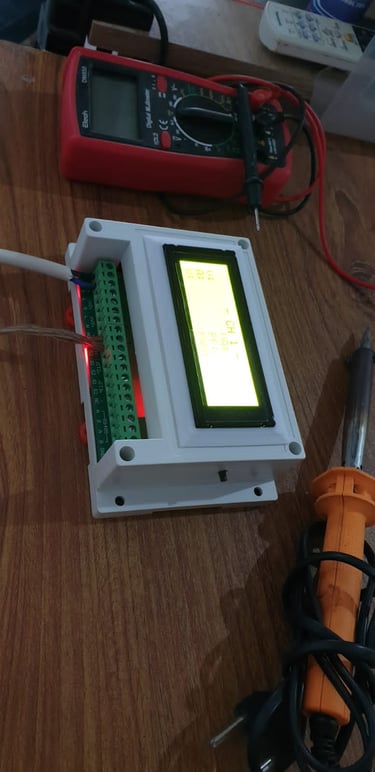Optimize Energy Management with Power Consumption Logging
Discover the importance of monitoring power consumption in your facility. A data logger helps you understand your electrical panel capacity, troubleshoot circuit issues, identify energy costs, and uncover waste, enabling informed energy management decisions.
1/22/20252 min read
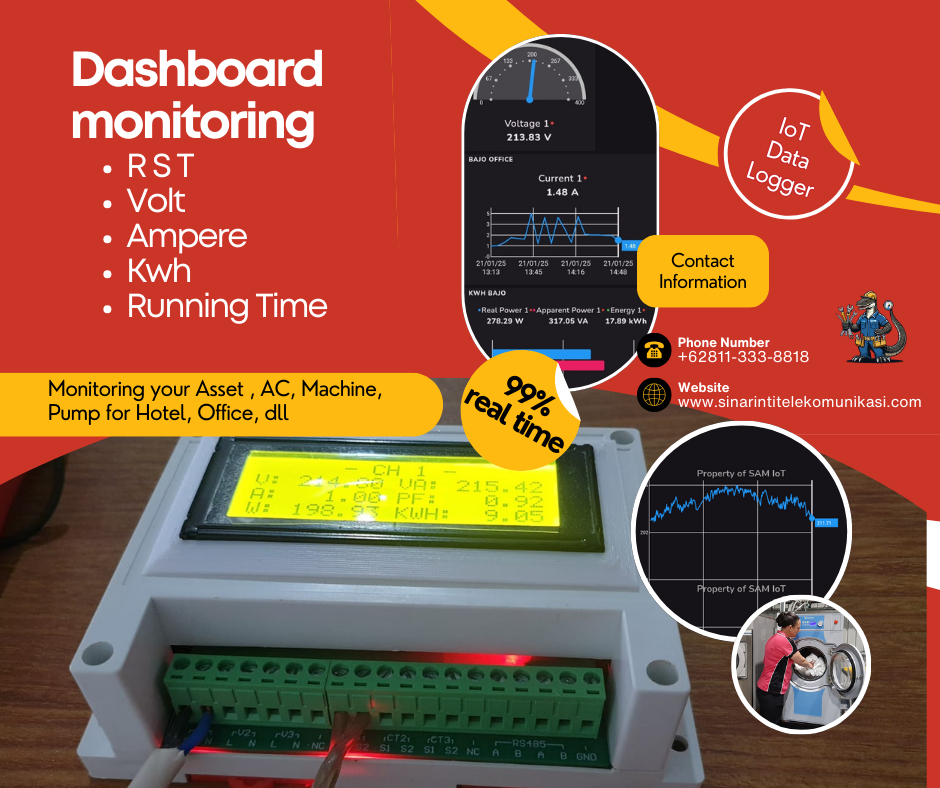

Introduction to Power Consumption Monitoring
Monitoring power consumption is not just about tracking electrical usage; it plays a crucial role in ensuring the safety, efficiency, and financial health of a facility. Organizations that prioritize the monitoring of power consumption can experience substantial benefits that go beyond merely understanding how much electricity is being utilized. Here are five compelling reasons why monitoring power consumption should be a strategic priority for any facility.
1. Enhancing Plant Safety
First and foremost, monitoring power consumption is vital to plant safety. By keeping an eye on electricity usage, facilities can quickly identify abnormalities that could indicate potential hazards, such as overloading or short circuits. Early detection enables prompt action, reducing the risk of accidents that could lead to catastrophic failures or workplace injuries. A proactive approach to managing power consumption not only protects assets but also safeguards the health of employees.
2. Managing Energy Costs and Realizing Savings Opportunities
Another significant advantage of monitoring power consumption is the ability to manage energy costs effectively. By analyzing usage patterns, facilities can identify areas where energy is being wasted and implement measures to reduce costs. This might involve optimizing equipment usage, upgrading to energy-efficient systems, or utilizing renewable energy sources. The combined impact of these initiatives can lead to remarkable savings over time, enhancing the bottom line of the organization.
3. Ensuring Accuracy of Electrical Bills
The accuracy of electrical bills is a critical concern for many organizations. By actively monitoring power consumption, companies can verify that they are being billed correctly for the energy they use. Discrepancies between actual consumption and billing can lead to significant overcharges, impacting financial planning. With a reliable power monitoring system in place, discrepancies can be flagged quickly, enabling organizations to address issues with their utility provider promptly.
4. Accessing Rebates and Financial Incentives
Many utilities and government programs offer rebates and financial incentives for businesses that demonstrate energy efficiency through monitoring and reduction measures. By keeping detailed records of power consumption, organizations can qualify for these programs. Accessing these financial efficiencies not only supports sustainability goals but also provides concrete savings that can be reinvested back into the business.
5. Troubleshooting Power Quality Issues
Lastly, monitoring power consumption is essential for troubleshooting potential power quality issues. Problems such as voltage dips, harmonics, or frequency variations can severely impact operations, leading to equipment damage or unplanned downtime. By employing monitoring techniques, organizations can identify and rectify these issues before they escalate, ensuring continuous operation and maintaining productivity levels.
Conclusion
In conclusion, monitoring power consumption is a critical strategy for enhancing safety, managing costs, ensuring billing accuracy, accessing incentives, and troubleshooting power issues. For organizations aiming to improve efficiency and protect their resources, implementing a robust power monitoring system is not merely advisable—it is essential. By prioritizing this aspect of facility management, organizations will position themselves for long-term success.

